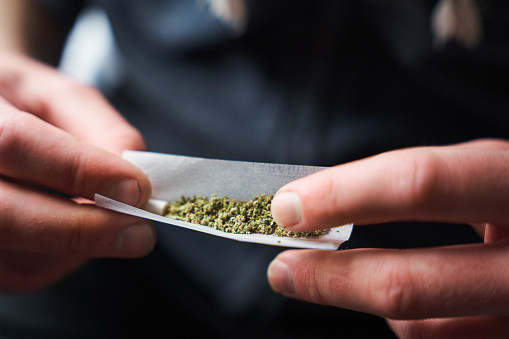
A man has been executed in Singapore for plotting to trade cannabis despite appeals for mercy from his family, activists, and the United Nations. The 46-year-old Tangaraju Suppiah was hanged at dawn on Wednesday, Apr. 26, over a plot to smuggle 1kg (35oz) of cannabis.
Activists said he had been convicted on weak evidence and received limited legal access during his prosecution. However, Singaporean authorities said that he received a fair trial and criticized those who questioned the legitimacy of the courts.
Singapore has some of the strictest anti-drug regulations in the entire world. It makes the argument that these are an essential deterrent to drug crime, which is a significant problem throughout South-East Asia.
On Wednesday, Tangaraju Suppiah's family gathered at Changi Prison near the city's airport in the east to receive his body, BBC reported.
11 drug offenders were hung in Singapore last year, including one with intellectual disabilities who was found guilty of trafficking three teaspoons of heroin.
According to campaigners, the country is increasingly at odds with other advanced countries in the region due to its strict drug laws and use of the death penalty.
Malaysia, a country next door to Singapore, abolished the death penalty for all crimes earlier this month after claiming that it was ineffective as a crime deterrent. Meanwhile, cannabis has been decriminalized in many parts of the world, including in neighboring Thailand, where its trade is encouraged.
A last-minute appeal from Tangaraju Suppiah's family against his 2018 conviction was denied by Singapore's courts on Tuesday, Apr. 25.
Supporters had also petitioned Singapore's President Halimah Yacob for a stay of execution, while British activist billionaire Sir Richard Branson joined the chorus of voices demanding a reconsideration of the case.
On Tuesday, the UN Human Rights Office urged Singapore to "urgently reconsider" the execution, claiming that the death penalty was against international law.
In 2013, Tangaraju Suppiah was found guilty of "abetting by engaging in a conspiracy to traffic" around 1 kg (35 oz) of cannabis from Malaysia to Singapore.
He was not found with the drugs or during the delivery. But prosecutors said he had been responsible for coordinating it, and they traced two phone numbers used by a deliveryman back to him.
Tangaraju claimed that he had not been in communication with the deliveryman and denied any participation. He said he had lost one of the phones and denied owning the second one.
For people found guilty of trafficking narcotics, including marijuana, cocaine, heroin, and ketamine, in excess of a specific amount, Singaporean law imposes the death penalty.
Those convicted of trafficking who can show they were merely acting as couriers may be spared the death penalty. Drug use and possession have less severe penalties, such as jail time and fines.
In Tangaraju Suppiah's last appeal, the judge sided with the prosecution and determined that he was in charge of organizing the delivery, disqualifying him from a lighter punishment.
The case of Tangaraju Suppiah was the nation's first execution this year.
© 2025 Latin Times. All rights reserved. Do not reproduce without permission.




